Our Aims and Objectives
We are the UK association for all those who research, study and teach global development issues
Find Out MoreOur annual conference is the UK’s meeting place for the international development community
Hybrid at SOAS, University of London
The theme of the conference was Social justice and development in a polarising world; rights and representation; redistribution and restoration; reproduction and production.
Underpinning all global development discourses, practice and policy – sometimes explicitly, often implicitly – is the issue of social justice. Whether framed within formal discourses of human rights, representation or redistribution; an intended or unintended outcome of development policy and interventions; or a contested idea around which debates on equality, equity, fairness and responsibility are framed and debated, social justice is at the heart of global development. Orthodox development priorities and institutions, too, acknowledge explicitly (if perhaps problematically) social justice as a core feature of global development priorities and interventions.
Hybrid at the University of Reading
The theme of the conference is Crisis in the Anthropocene: Rethinking Connection and Agency for Development. The Anthropocene—and its conditions, structures and relationships under which we operate—potentially signals a new era in human development in which crises of environment and nature increasingly take centre stage. From climate change to plastic pollution and biodiversity loss, to the emergence of novel viruses, new challenges seem to continually emerge in an interconnected world in which uncertainty, risk and precarity are the ‘new normal’. The Anthropocene, therefore, unsettles, and potentially overturns, conventional ways of theorising and practising development that foreground and privilege human intention in the face of an unruly, dynamic and ‘creative’ natural world.
University College London – Virtual
DSA 2022 focused on the theme of mobility of people – both within and across borders – remains a critical but increasingly contested feature of global capitalism. Cities are the primary destination point for people on the move and most people will live in towns and cities by the end of this century. Urbanisation continues to hold out the promise of modernity and economic growth whilst exacerbating inequalities and posing significant environmental and public health challenges. Urban areas are now focal points for addressing some of the most pressing global problems, including inequalities, lack of decent jobs, resilience and poor health; addressing the ecological footprint of cities will be fundamental to promoting climate justice. Rural-urban linkages remain central to development challenges, including food security, conflict and humanitarian crises, youth employment and structural transformation. Climate change, the ecological crisis, and the COVID-19 pandemic are challenging core assumptions around the nature of development at urban, national and global levels, recasting the nature of equity and justice across north and south and between present and future generations.
This conference adopted justice and equity as central normative lenses to explore just futures in an urbanising and mobile world, facing a climate and ecological crisis in a pandemic or post-pandemic context. It explored the interconnections of these three major processes, and their implications for future development. Thinking across multiple scales and spatialities – rural/urban, urban/national/global – provided new insights into the possibilities of just development futures.
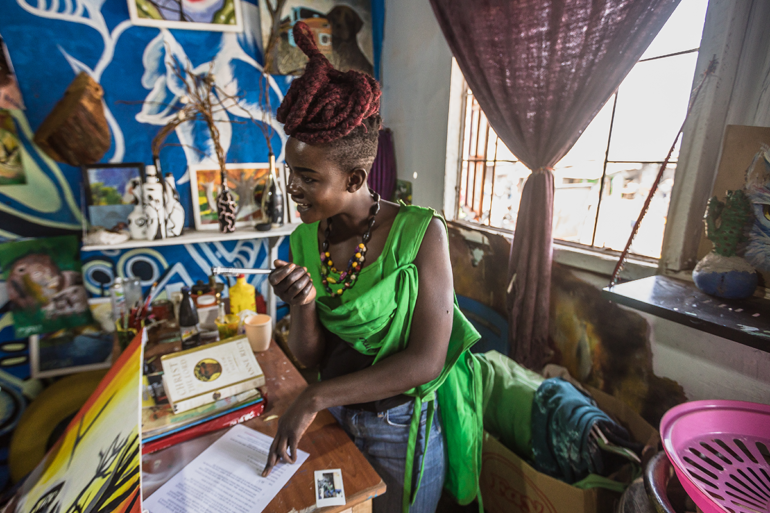
DSA2021 focused on the theme of “Unsettling Development”. By this we mean the multiple pressures that are reshaping how we think, study and effect progressive social change. COVID19, climate change, populism, demands for racial justice and the rise of new powers were among the themes that were explored. The conference created a space to do this by bringing in new forms of knowledge and generating new centres of debate. The proposed conversation between the social sciences and the humanities enables a powerful reimagining of the future, while continuing to critically reflect on ongoing practices of marginalisation and adverse incorporation. We are committed to using the possibilities of new technologies throughout the conference to open sites of interaction, participation and engagement.
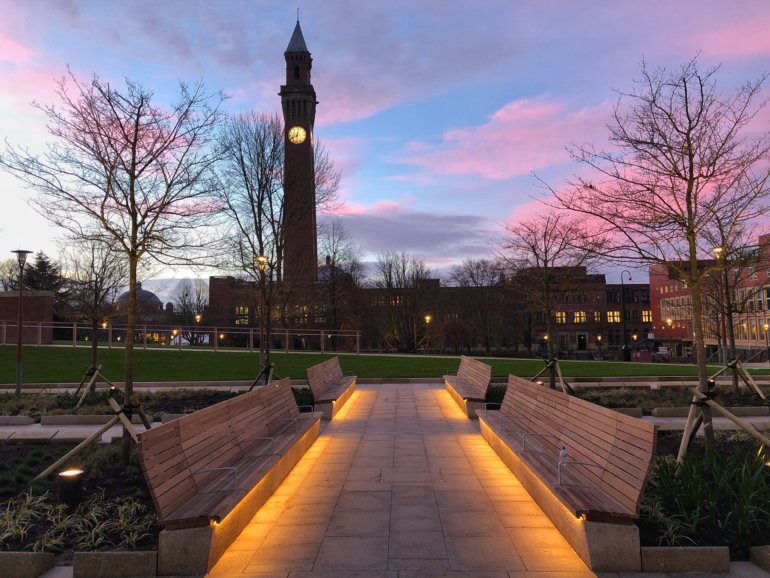
The theme for this year’s conference was “New Leadership for Global Challenges”. Panels and discussions also encompassed a broad range of development studies interests. Our aim was to investigate where and how leadership is emerging at global, regional and local levels to address critical issues such as climate emergency, identity-based inequalities, poverty, violence, ill-health, resource plunder, and digital surveillance. ‘New leadership for global challenges’ asks us to investigate where and how leadership is emerging at global, regional and local levels to address critical issues such as climate emergency, identity-based inequalities, poverty, violence, ill health, resource plunder, and digital surveillance.

The conference theme, ‘Opening up Development’, aimed to draw attention to shifts in the global political economy; new forms of development intervention and activism; and the call to ‘de-colonise’ the teaching and learning of development studies. Delegates were urged to rethink the challenges of maintaining open and critical societies and inclusive economies. Meeting these challenges requires new and innovative thinking, involving non-traditional academic voices. It also means developing innovative forms of knowledge production and exchange between development research, development practice, political activism, and the arts.
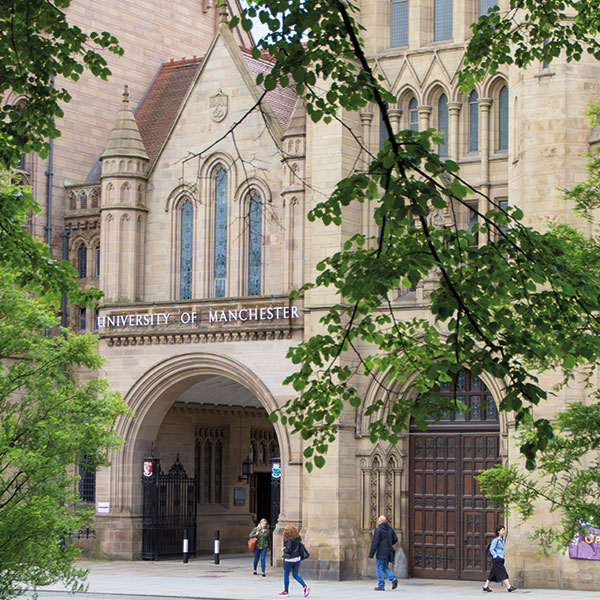
This conference focused on global inequalities, challenging the traditional geographies of development, and demanding investigation of the power relations that generate wealth and poverty within and between countries and regions. It also emphasised the many dimensions of inequality, including gender, class, climate, race and ethnicity, region, nationality, citizenship status, age, (dis)ability, sexuality, and religion and the ways these reinforce or counteract each other.
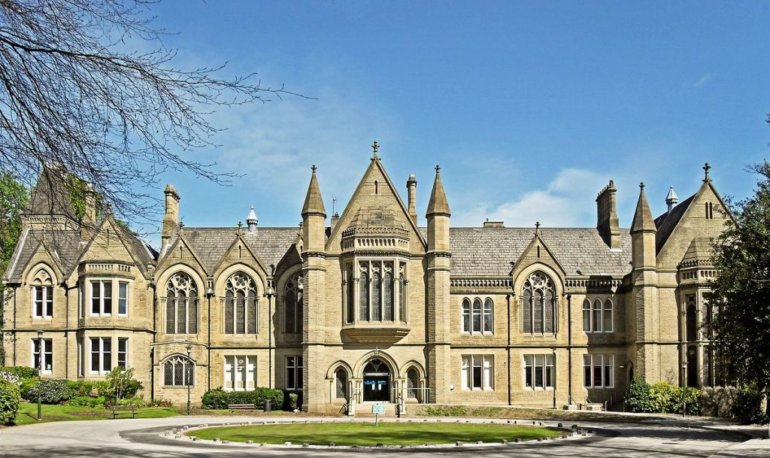
Sustainability is increasingly conceptualised as a form of ‘public good’ in development theory and practice. But the idea of sustainability has always been contentious, mediated by power relations at global, regional, national and local levels. Deconstructing the different varieties of “sustainability” was central to discussions. Is sustainability a radical agenda, demanding an alternative form of global development or a new form of capitalism, or a conservative agenda that seeks to maintain a status quo based on inequality and extraction?
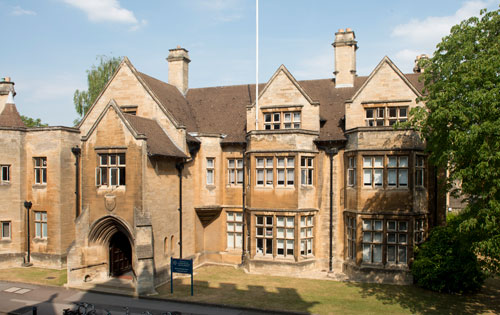
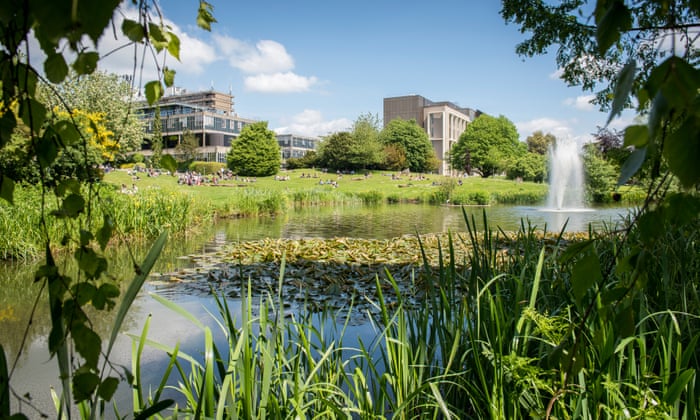
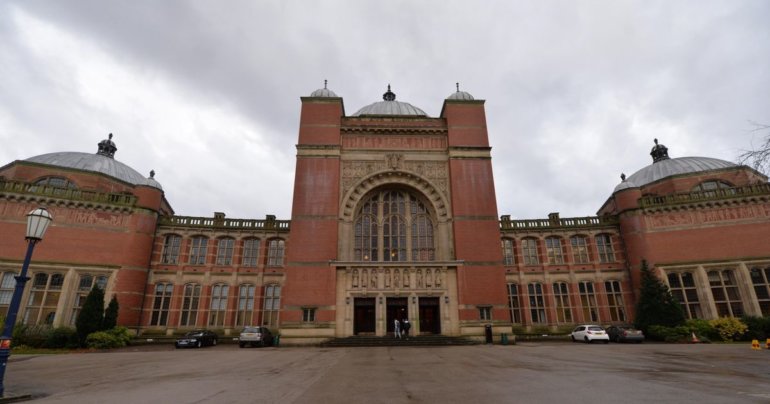

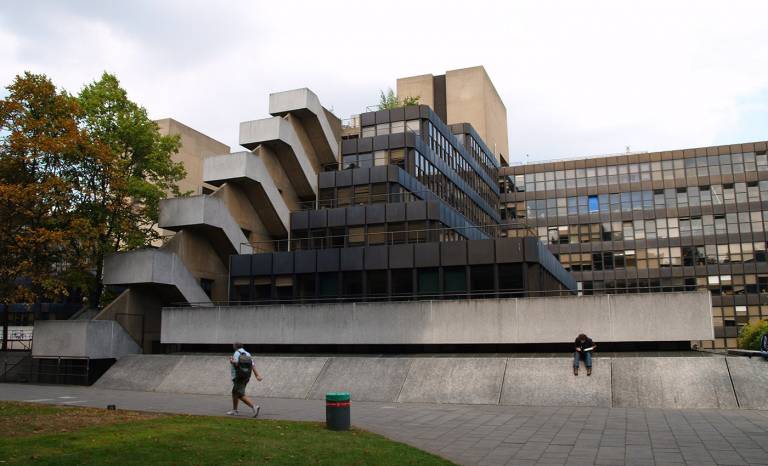
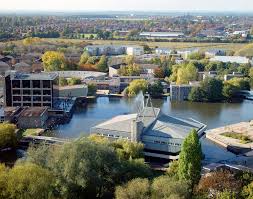
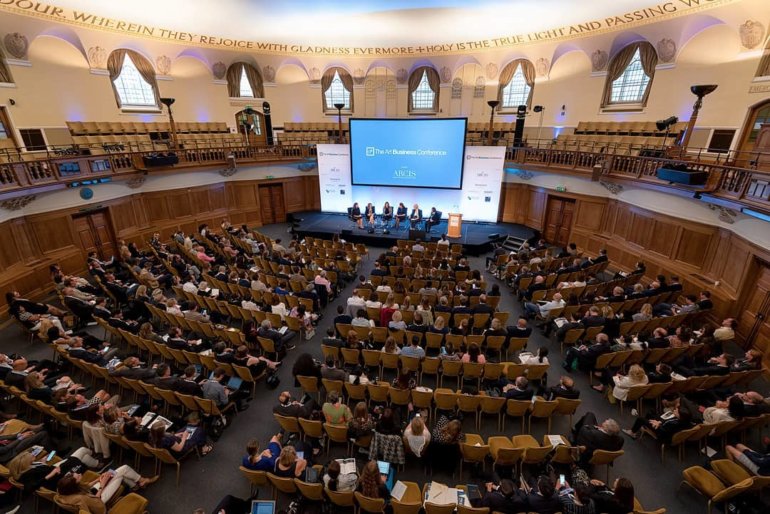
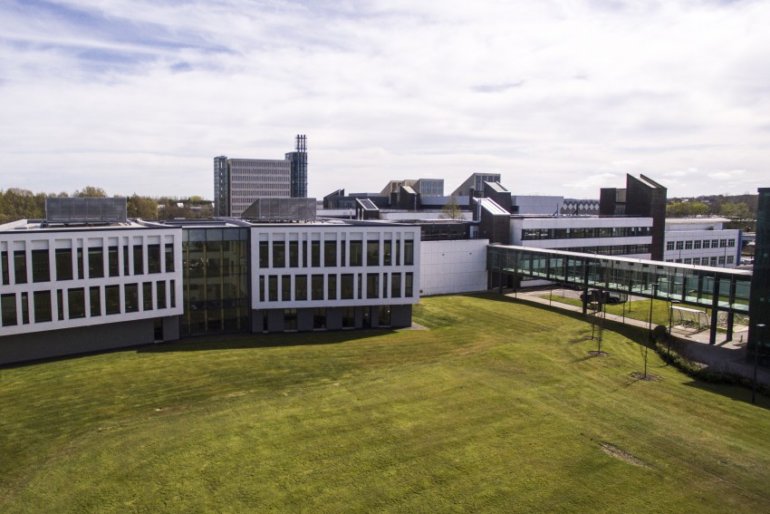
1971 – IDS Sussex – the First National Development Research Conference
1973 – University of East Anglia – the Second National Development Research Conference
1976 – University of Manchester – the Third National Development Research Conference
1978 – University of Strathclyde, Glasgow – the Fourth National Development Research
Conference
1979 – University of Reading
1980 – University College, Swansea – University of Wales
1981 – University of Oxford
1982 – University College, Dublin
1983 – Institute of Development Studies, University of Sussex
1984 – University of Bradford
1985 – University of Bath
1986 – University of East Anglia
1987 – University of Manchester
1988 – University of Birmingham
1989 – Queen‟s University, Belfast
1990 – University of Glasgow
1991 – University College, Swansea – University of Wales
1992 – University of Nottingham
1993 – Institute of Development Studies, University of Sussex
1994 – University of Lancaster
1995 – University College, Dublin
1996 – University of Reading
1997 – University of East Anglia
1998 – University of Bradford
1999 – University of Bath
2000 – School of Oriental and African Studies
2001 – University of Manchester
2002 – University of Greenwich
2003 – University of Strathclyde
2004 – Church House, Westminster, London
2005 – Open University, Milton Keynes
2006 – University of Reading
2007 – Institute of Development Studies, University of Sussex
2008 – Church House, Westminster, London